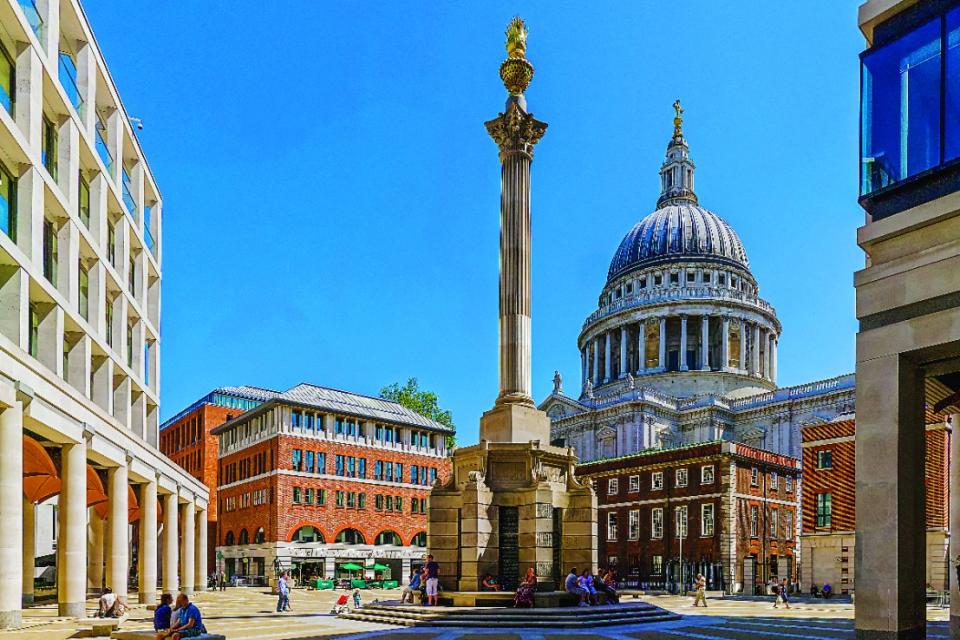

The UK economy grew by 0.7 per cent between January and March, a far stronger figure than the 0.6 per cent previously estimated, the Office for National Statistics has said in revised figures.
This is the fastest pace since 2021 and the highest of any G7 countries.
It’s also a rare piece of positive news for prime minister Rishi Sunak ahead of next week’s general election.
Lindsay James, investment strategist at Quilter Investors said: “With UK GDP growth having shown no growth in the latest data covering the month of April, news that the better growth rate of 0.6 per cent in the first quarter has been upgraded marginally compared with earlier readings will do little to enthuse investors.
“The Bank of England expects a more modest growth rate of 0.2 per cent in the second quarter, which although forecast before the announcement of the election and indeed the publication of the better than expected Q1 figures, may end up being close to the truth as recent surveys have indicated a pause in spending decisions within the crucial services sector during the election period.”
Growth was driven by services, which was up 0.8 per cent on the quarter with widespread growth across the sector; elsewhere the production sector grew by 0.6 per cent while the construction sector fell by 0.6 per cent.
Thomas Pugh, economist at leading audit, tax and consulting firm RSM UK, said: “It turns out that the rebound in Q1 was even stronger than expected
“All the data suggests that the economy is set to continue to rise in Q2. We then expect growth to accelerate in the second half of this year and into 2025 as sharply lower inflation, tax cuts and falling interest rates give households an income boost.
“The big unknown is how much of this rise in incomes households will actually spend. Indeed, despite real households’ disposable income growing by 0.7 per cent in Q4 and consumer confidence increasing, the household saving ratio rose to 11.1 per cent in the latest quarter, up from 10.2 per cent in Q4, suggesting that households were still rebuilding saving buffers at the end of last year.”
Danni Hewson, AJ Bell head of financial analysis said: “It’s the tiniest sliver of improvement but when it comes to UK GDP growth, every little really does help.
“A growing economy creates wealth, puts more money in people’s pockets and ups the amount of tax delivered to the Treasury’s depleted coffers.
“And households are finally feeling less squeezed with real disposable income up 0.7 per cent, cash that’s being spent at hairdressers, bars, restaurants and in stores.”






